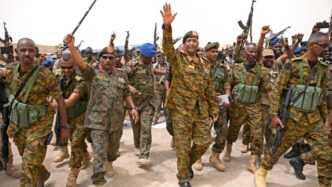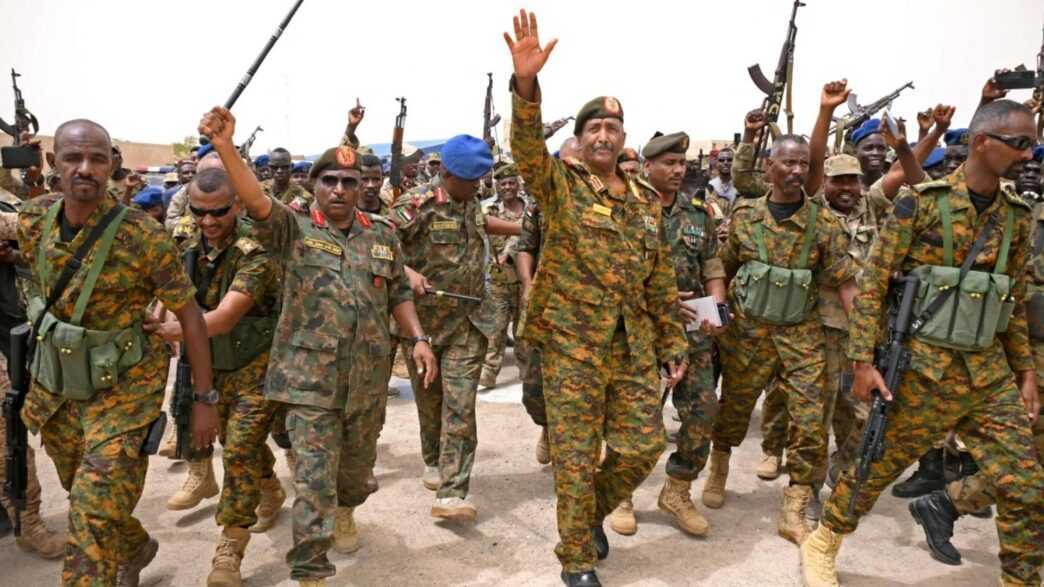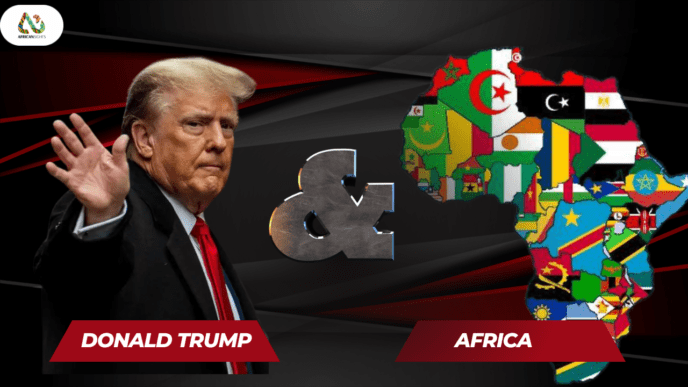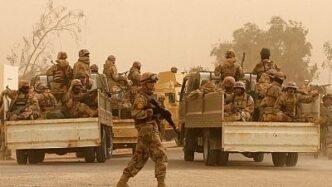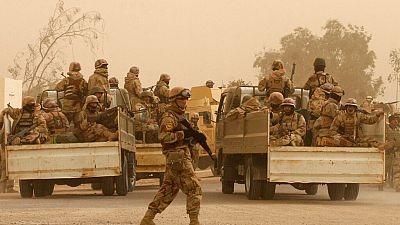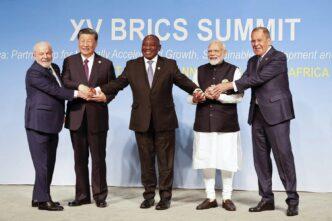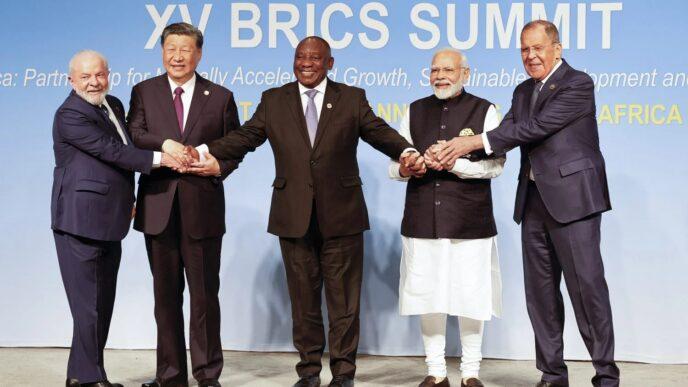In a significant development, Sudan’s military has declared its intention to establish a new government after reclaiming control over the capital, Khartoum.
Military’s Strategic Move
On February 9, 2025, military sources revealed that the formation of a new Sudanese government is anticipated once the army completes its operations in Khartoum. This announcement follows recent gains by the Sudanese army against the paramilitary Rapid Support Forces (RSF) in the capital. Army Chief Abdel Fattah al-Burhan emphasized the need for a technocratic wartime government to achieve remaining military objectives and stabilize the nation.
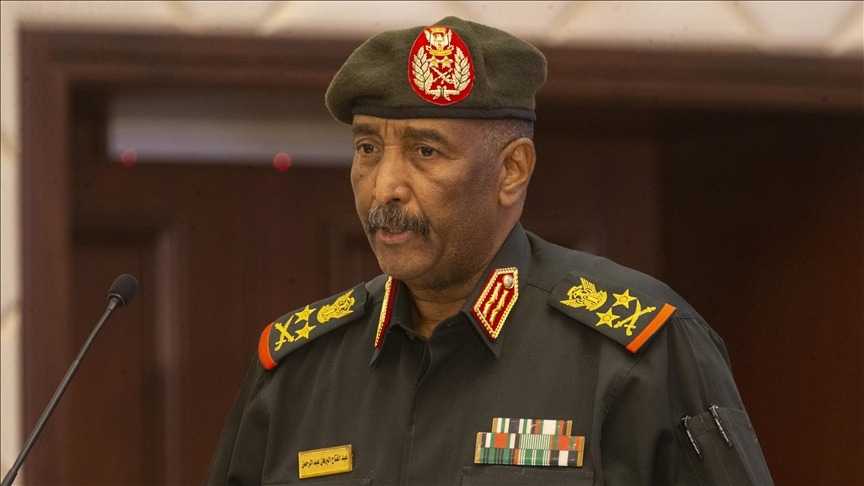
Advancements in Khartoum
The Sudanese army has recently made significant progress in Khartoum, reclaiming key areas and closing in on the presidential palace along the Nile. These advancements have been attributed to enhanced air capabilities and support from allied militias, which have pressured the RSF into retreat.
Proposed Government Structure
The new government is expected to be a technocratic wartime administration, focusing on unifying efforts to restore stability. Plans include amending the interim constitution to remove references to partnerships with civilians or the RSF, thereby consolidating authority within the military. A technocratic prime minister will be appointed to lead the cabinet in addressing the nation’s challenges.
Read Also; Niger’s Military Junta Expels International Committee of the Red Cross
Humanitarian Impact
The conflict, which began in April 2023 over disputes about integrating the army and RSF, has led to a severe humanitarian crisis.
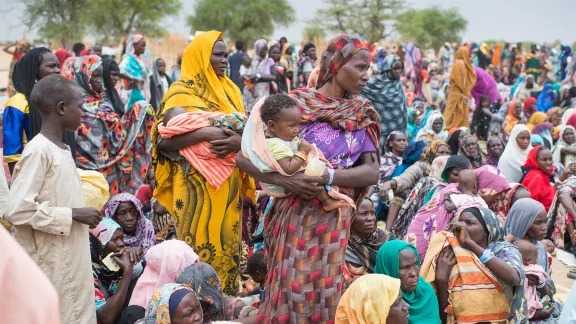
Over 12 million people have been displaced, and half of the population faces hunger. The formation of a new government aims to address these pressing issues and facilitate the delivery of essential services.
As Sudan prepares to establish a new government following the recapture of Khartoum, the nation stands at a critical juncture. The proposed technocratic administration seeks to unify efforts to restore stability and address the profound humanitarian challenges resulting from the prolonged conflict. The international community watches closely, hopeful for a peaceful resolution and a brighter future for Sudan.
